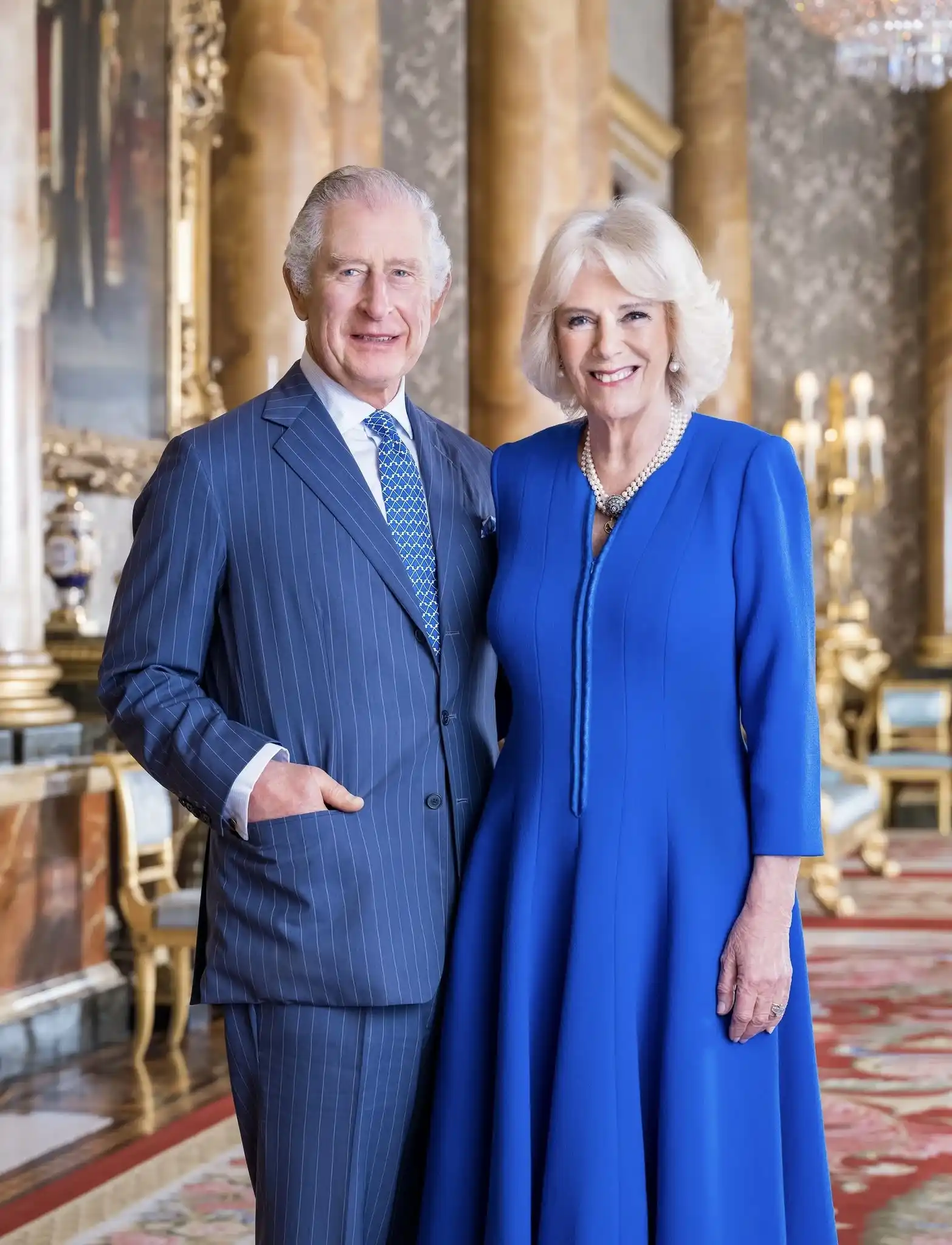
Ottawa, ON, Canada - Later this month, Canadians will witness a powerful moment of national unity and enduring constitutional tradition as His Majesty King Charles III arrives in Ottawa to deliver the speech from the throne. In a time of global uncertainty, this visit carries deep significance—not only as a symbol of continuity, but as a vivid reminder of Canada’s unique political heritage and sovereign path

It has been nearly half a century since a reigning monarch opened Canada’s Parliament. That it will happen again, at this moment in history, underscores the strength of Canada’s constitutional democracy. As Prime Minister Mark Carney noted, it is a "historic honour"—a gesture that both respects tradition and reaffirms the vitality of Canadian independence in the modern age.
The Crown in Canada is not a relic. It is a living institution, carefully adapted to reflect the values of a diverse, forward-looking nation. From Queen Elizabeth II’s long reign to the present day, the monarchy’s role has been to unite Canadians above partisan lines, to stand as a quiet guardian of democracy, and to affirm the rule of law under its Constitution.
That role is especially relevant today. As the world shifts rapidly and democratic norms face pressure across continents, Canada’s enduring connection to the Crown offers a stabilizing force—one rooted not in nostalgia, but in trust, continuity, and shared principles.
King Charles’ visit will no doubt generate debate. That’s the hallmark of a healthy democracy. But for many Canadians—especially those who see the monarchy as a thread woven through generations of peaceful governance—this moment will resonate.
This visit is not about resisting change or longing for Empire. It’s about recognizing that Canada’s sovereign identity is enriched, not diminished, by its constitutional monarchy. The presence of King Charles in Parliament is a celebration of that balance: a modern nation anchored in democratic values, proud of its distinct system, and confident enough to welcome the very symbols that shaped it.

In a continent often dominated by U.S. influence—culturally, economically, and politically—Canada’s model stands apart. The Crown is not a substitute for independence. It is an affirmation of it.
At a time when some voices suggest that Canada's future lies in becoming more like its southern neighbour, the King’s presence sends a different message:
Canada is already whole. It does not need to imitate others to prove its sovereignty. It needs only to remember who it is.
In 2025, that reminder comes with a crown, a throne, and a speech—but more importantly, with a renewed sense of what binds Canadians together.
The past has not returned. It has been invited, with purpose, to walk alongside the present.